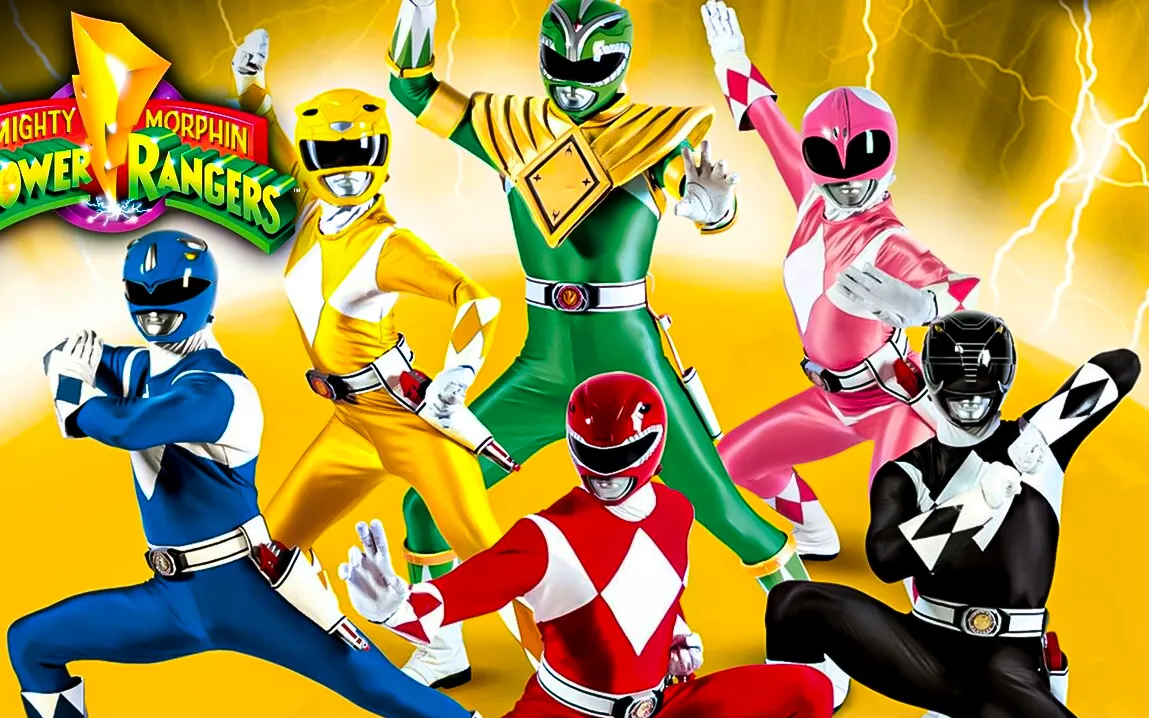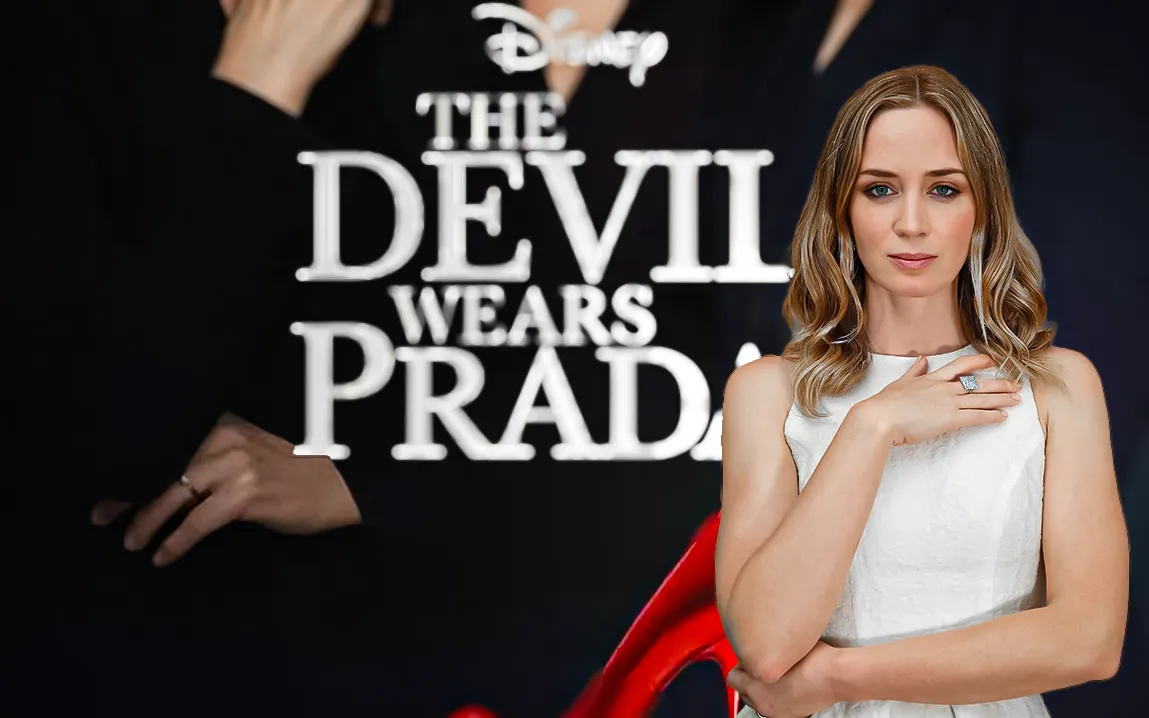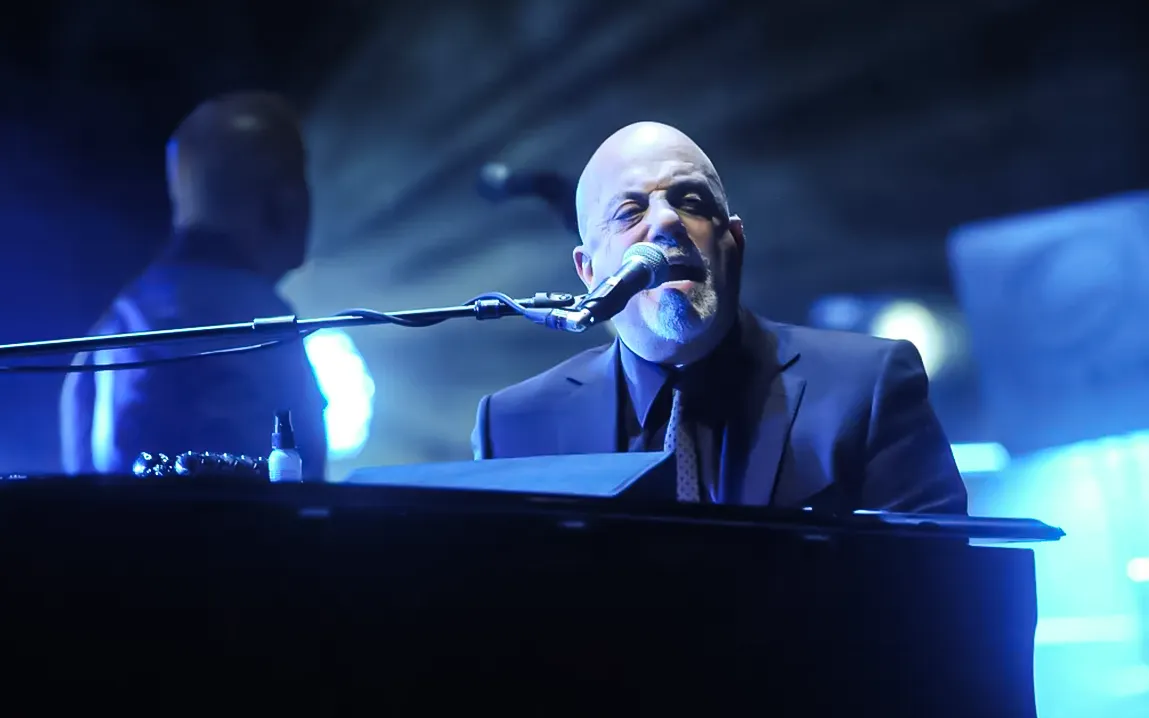More than three decades after Mighty Morphin Power Rangers first aired, the show’s head writer, Tony Oliver, is publicly acknowledging the racially insensitive casting decisions that linked the actors’ ethnic backgrounds to their suit colors, which was a creative choice he now deeply regrets.
Speaking in a new episode of Hollywood Demons on Investigation Discovery, titled Dark Side of the Power Rangers, Oliver opened up about how, at the time of production in the early 1990s, he and the team didn’t initially consider the problematic optics of casting a Black actor as the Black Ranger and an Asian actress as the Yellow Ranger.
“None of us were thinking stereotypes,” Oliver said in the documentary. But looking back, he admits, “It was such a mistake.”
The Controversial Casting
When Mighty Morphin Power Rangers debuted on Fox Kids in 1993, it quickly became a global sensation. But even in its early days, some viewers took note of what now seems like a glaring issue: Walter Emanuel Jones, who is Black, was cast as the original Black Ranger, while Thuy Trang, a Vietnamese-American actress, played the Yellow Ranger.
In the docuseries, Oliver says the characters were developed with distinct traits: Zack Taylor (Jones) was the “swagger” of the group, while Trini Kwan (Trang) was “the peaceful one,” serving as the team’s moral compass. Trang was not the original Yellow Ranger; that role initially went to Audri Dubois, who reportedly left the production over a salary dispute before the series aired.
The show ran for three seasons, but both Jones and Trang exited after two due to contract disputes.
Acknowledging the Problem
Oliver shares that it was an assistant who first pointed out the problematic nature of the casting. He admitted that it was not something the writers or producers gave much thought to at the time which is part of the problem in itself.
“It was such a mistake,” he emphasized, clearly remorseful about the decision.
The documentary highlights that even the cast themselves were aware of the optics, and sometimes joked about it. A behind-the-scenes clip shows Jones introducing himself with a self-aware quip:
“My name’s Walter Jones, I play Zack. I’m Black, and I play the Black Ranger — go figure.”
Legacy and Reflection
Whereas Power Rangers is best remembered for its multicultural cast and action-filled plotlines, the casting decisions themselves are still criticized in retrospect. The creators of the show may not have intended harm, but Oliver’s remarks remind us that intent does not remove impact, particularly when dealing with children’s media.
Trang died under tragic circumstances in a car accident in 2001, but her performance as Trini Kwan made a lasting impression on the franchise and the fans. Jones, on the other hand, has remained accessible to the fans and has looked back on the whole Power Rangers experience positively, despite the initial controversy.
The Hollywood Demons episode of Teen Wolf informs the larger issues within the entertainment industry and the value of conscious representation, particularly in young viewer programming.



